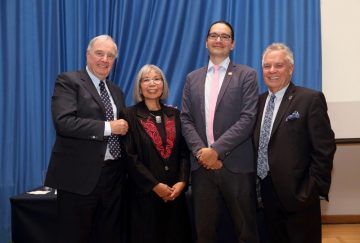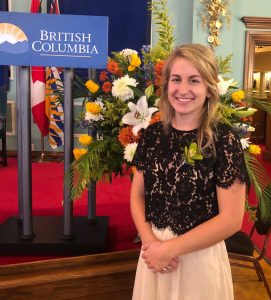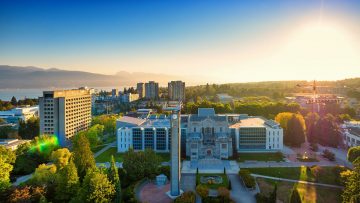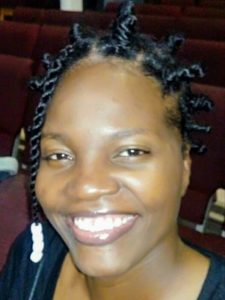![]()
DEADLINES
November 1: Voluntary ORE internal review. Please email entire Word version of the proposal to Robert Olaj in the ORE.
November 8 10:00 AM: Faculty RPIF signature. Please email completed UBC RPIF form and full PDF of the application to Robert Olaj in the ORE for Faculty signature.
November 8 8:30 AM: ORS institutional deadline. Please email Faculty-signed RPIF to Donna Lei (604-822-8595) and Wendy Hudelson (604-822-8581) at ORS along with a full PDF of the application.
November 13 8:30 AM: Deadline to hit “submit” online.
Partnership Development Grants provide support over one to three years to teams/partnerships, led by a project director, to:
- develop research and/or related activities in the social sciences and humanities, including knowledge mobilization and the meaningful involvement of students and emerging scholars, by fostering new partnerships with existing and/or potential partners; or
- design and test new partnership approaches for research and/or related activities that may result in best practices or models that either can be adapted by others or have the potential to be scaled up to a regional, national or international level.
Partnership funding is intended for teams working in formal partnership between postsecondary institutions and/or organizations of various types. For more information, see the definitions for formal partnership and partner organization.
The quality of training, mentoring and employability plans for students and emerging scholars will be evaluated as an important part of the proposed initiative. Please see SSHRC’s Guidelines for Effective Research Training for more information on how students and emerging scholars can meaningfully participate in proposed initiatives.
The intellectual leadership and governance for the creation of a formal partnership may come from within the research community and/or from partner organizations from the public, private and not-for-profit sectors. However, only an eligible institution may administer the grant funding, once awarded (see Eligibility).
SSHRC invites applicants and their partner organizations who wish to propose formal disciplinary, interdisciplinary, interinstitutional, international and/or cross-sector partnership arrangements to apply for support through this funding opportunity. Funds are available to support a variety of formal partnership development initiatives in all of the disciplines and themes eligible for funding at SSHRC.
For tools and resources to assist with the planning and implementation of your partnership, please see SSHRC’s Partnerships Tool-Kit.
There are two categories of partnerships that may request support:
- Existing partnerships: Support to foster new research and/or research-related partnership activities that are distinct from the partnership’s previous/ongoing partnership activities.
- New partnerships: Support to foster new research and/or research-related partnership activities that are undertaken by partnerships in their initial stages.
Following is a list of possible formal partnership approaches. Applicants are in no way limited to these approaches, and are welcome to combine some of the features described below.
- Disciplinary and interdisciplinary research partnerships: Interinstitutional research initiatives designed to make a significant contribution to advancing knowledge and understanding in the humanities and/or social sciences. While SSHRC welcomes proposals for interdisciplinary research partnerships involving natural sciences, engineering and/or health partner organizations, partnerships of this nature must follow SSHRC’s policy regarding the eligibility of subject matter.
- Cross-sector co-creation of knowledge and understanding: Partnerships to foster innovative research, training and the co-creation of new knowledge on critical issues of intellectual, social, economic and cultural significance.
- Networks for research and/or related activities: Networks designed to advance the innovative co-creation of knowledge, as well as training and mobilization of research, on critical issues of intellectual, social, economic and cultural significance.
- Partnered knowledge mobilization: Partnerships designed to synthesize, apply and mobilize new and existing social sciences research knowledge in accessible ways to build institutional capacity and to increase the national and international impact and stature of Canadian research.
Read more
 We are pleased to announce that our 3rd year PhD student Pramod Sah has been awarded a Killam Doctoral Scholarship.
We are pleased to announce that our 3rd year PhD student Pramod Sah has been awarded a Killam Doctoral Scholarship.






